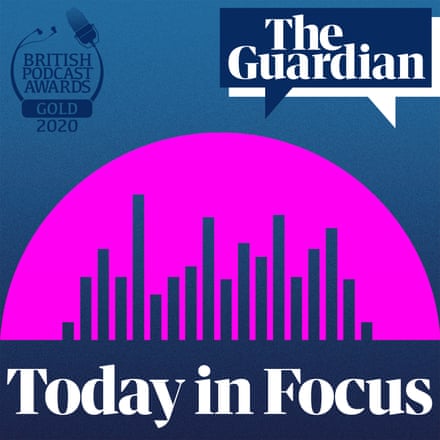With endorsements from celebrities and ads on TikTok, cryptocurrency has gone mainstream. But not everyone gets rich. Rob Davies reports on how crypto apps encourage addictive, high-risk trading habits
When bitcoin first became available for purchase in 2009, cryptocurrencies were a relatively obscure niche product. Not any more. Some estimates suggest 221 million people were trading cryptocurrencies around the world last year, often using slick, gamified apps on their smartphones.
The Guardian business reporter Rob Davies is the author of a forthcoming book, Jackpot: How Gambling Conquered Britain, and he has been looking into the ways in which crypotrading apps encourage users to trade more and more. He tells Nosheen Iqbal trading platforms encourage users to share social media updates when their portfolio goes up – but not when it falls. As a result, in effect: “Nobody’s ever getting the message that actually you can lose money,” Davies says.
One former cryptotrading addict, Steven, is in recovery at the Castle Craig residential treatment clinic in Scotland. He worries that crypto apps make it easy for young men to get caught up high-stakes – and potentially addictive – trading habits, just as he did.
Archive: Crypto.com, eToro, Coin Cloud, Euronews, BBC

The Guardian is editorially independent.
And we want to keep our journalism open and accessible to all.
But we increasingly need our readers to fund our work.

